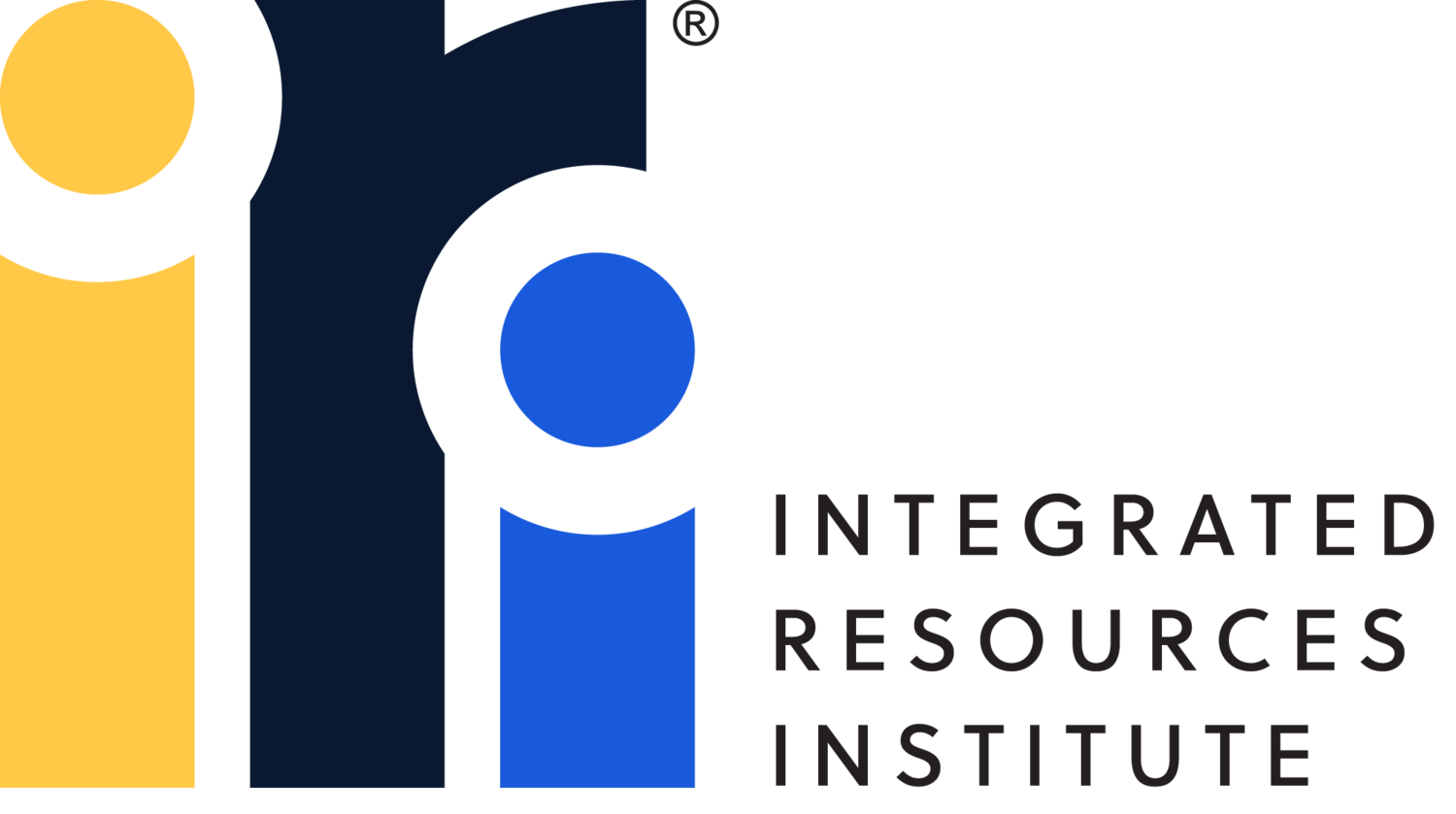IMPACT REPORT
The MentorWorks program provides inclusive community opportunities by developing integrated work opportunities for persons with significant disabilities.
This Fiscal year was challenging yet rewarding. We were in the midst of the pandemic but found ways to ensure that people with disabilities were treated as equals, had access to their employment opportunities as essential workers and provided those supports when necessary.
The MentorWorks program continues to provide inclusive community opportunities through the development of integrated work placements tailored for individuals with disabilities.
The current fiscal year has been distinguished by notable achievements in employment outcomes, program expansion, and staff development. Consequently, we have enhanced our capacity to support a greater number of individuals with disabilities through the provision of highly trained personnel, thereby fostering increased advocacy efforts and improved employment opportunities.
The 2024-2025 fiscal year reflects a year of resilience, growth, and unwavering commitment to inclusion. Despite policy challenges and social upheaval, we expanded our reach through new regional partnerships, launched the Coordinated Career Pathways program to support transition-aged youth, and celebrated the dedication of its direct workforce with its first-ever all-staff appreciation event.
With nearly 300 individuals served, 51 new jobs and internships created, and 100% of support delivered in inclusive community settings, the report highlights the transformative power of person-centered employment services. From advocacy leadership at the state and national level to heartfelt stories of individual progress, this year’s report affirms IRI’s mission: to build a world where everyone, regardless of ability, can contribute, grow, and thrive through the dignity of work.
In the 2023-2024 fiscal year, the MentorWorks program reaffirmed its commitment to competitive integrated employment and advocacy, training over 175 employment specialists in California and establishing a dedicated training department.
We successfully held rallies in support of better pay for our workforce and worked alongside the Department of Developmental Services to introduce incentive payments for training direct support professionals. Additionally, we created new services, such as the Career Pathway Navigator as well as secured funding for Customized Employment.
We're thrilled about the prospects of improving employment opportunities for individuals with disabilities and promoting their inclusion in the community.




